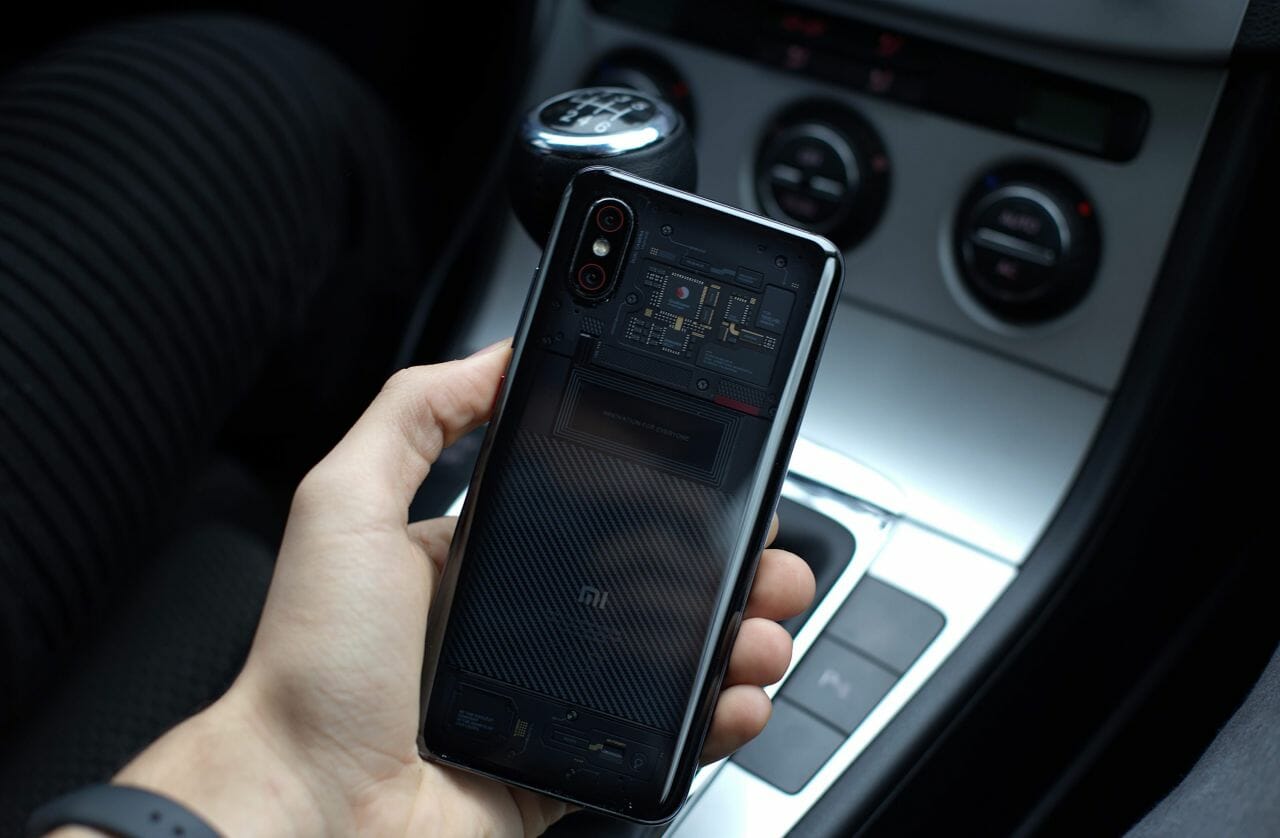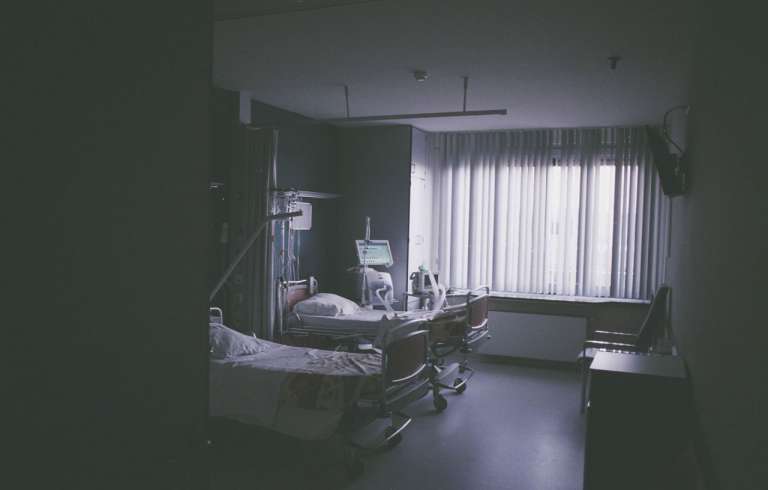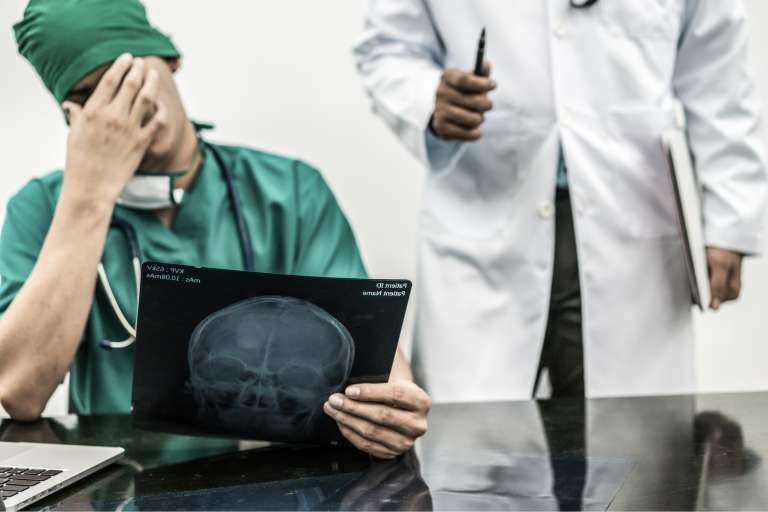I Am Roadsmart, an independent charity focused on making better drivers and riders, has published their annual research findings into Driving Safety Culture. The research asked over 2,000 people to share their thoughts on driving safety. According to their research, most road users are concerned about congestion and drivers texting or emailing from a mobile phone.
Congestion
Congestion continues to be an issue; with 75% of respondents thinking that congestion is now worse now than it was three years ago. The coronavirus pandemic has meant restrictions on movement, which has delivered quiet roads and a reduction in pollution. However, this will soon change as restrictions are lifted.
The government are asking people to avoid public transport so are urging them onto their bicycles to manage congestion. They have committed to create funding for prioritising cycling on urban roads in support of this. As the nation begins to mobilise post lockdown, can this research help us to take this opportunity to design a system around road safety and driver confidence?
Drivers Texting or Emailing on a Mobile Phone
Congestion only just beat drivers texting or emailing from a mobile phone to the top spot of people’s concerns. 90% of respondents claimed not to use internet, text or email while driving themselves. They are, however, more concerned about other drivers, with 92% seeing drivers texting or emailing as a personal threat to their safety.
Whilst socially distancing, people have become reliant on their technology to maintain key contacts with family, friends and colleagues. The charity is therefore concerned that motorist’s behaviours will have changed whilst in lockdown, posing a risk to safety as they return to the roads. They are encouraging drivers to stay focused on the road and avoid the distraction from their mobile phone.
Speeding
Another perceived threat to safety is driving under the influence of alcohol or drugs. As is other mobile phone use, like talking and checking social media. Speeding seems less of a concern to respondents. 55% said that they usually drive at the same speed as other road users and 13% saying they drove faster.
Speeding on a motorway seems to be more acceptable than in urban areas. 57% said that it was acceptable to drive 10 miles per hour over the speed limit on a motorway. Whereas only 30% of people felt it was acceptable to drive over five miles per hour over the speed limit in an urban area. Bearing in mind that most urban roads are set at 20 or 30 miles per hour, 5 miles could be between 16% – 25% faster. However, only 17% thought it was acceptable to speed near a school, which would cover some of the low speed areas.
Changes to Regulations for Road Safety
The respondents were happy to accept most of proposals for regulation and law changes for road safety; such as use of cameras for fines and introducing new checks for drivers over 85 renewing their licence. The only real exception was a law that assumes the driver is always responsible for any collision with a cyclist or pedestrian in an urban area. Only 34% were in support of this proposal.
This poses a question for us as personal injury specialists. Our road traffic accident team regularly spend time trying to prove who is responsible for an accident. This can be particularly complex if the accident involves a vehicle with a bicycle or pedestrian. However, it is important for us all to remember that cyclists and pedestrians are permitted road users too. They and all road users must behave in a manner that allows them to react to others on the road.
The key takeaways from the research is that congestion and texting and emailing whilst driving are the main issues. At least in the interim, cycling seems to be a good solution whilst public transport is being discouraged. However, road safety for cyclists doesn’t ordinarily go hand in hand with the acceptance of speeding. It is therefore more relevant than ever for the government to wisely invest their spending on creating safe networks for cyclists in urban areas.
How Pryers can Help You
If you have been injured in a traffic accident, contact our experts to find out how you can make a no win no fee compensation claim. We can even help you if you were involved in a hit and run or were hit by a driver without any insurance.





